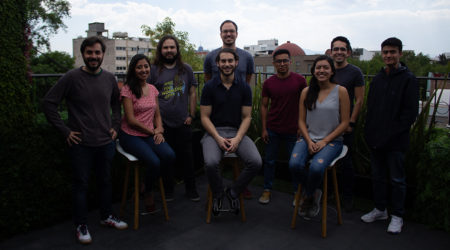REPORT: Assessing the impact of tech-enabled urban mobility
An essential service in short supply
Affordable and safe mobility is an essential service, enabling people to access goods and services, education and employment opportunities, health and social well-being, and can enhance overall quality of life.
However, the available mobility options in most African urban environments are unsafe and expensive for the general population, and often out of reach for lower-income and vulnerable groups.
During the COVID-19 global pandemic these services are more important than ever, with restrictions placed on movement and activity to slow the spread of the virus creating immediate impacts on local economies and livelihoods.
Translating the need into impact funding
While many governments and multilateral development institutions have made sustainable transport a major research and advocacy topic, this has yet to translate into significant funding (soft, equity, grant) from the broader impact investment community to private enterprises solving mobility challenges in emerging markets. Additionally, there are few studies examining the impacts such businesses are having in emerging African urban environments.
Shell Foundation, a UK-registered charity, commissioned BFA Global to execute a study to better understand and document the range of impacts sustainable mobility enterprises have on society and the environment, with a particular focus on drivers and passengers of two Shell Foundation-funded motorcycle taxi ride-hailing services — SafeBoda in East Africa and Metro Africa Express (MAX) in West Africa.
This blog introduces strategies employed by both enterprises during the pandemic, and launches the joint study. The bulk of the study focused on in-country qualitative research with participating drivers and customers in Uganda (SafeBoda) and Nigeria (MAX), supplemented by interviews with impact investors, local transportation authorities, non-user motorcycle drivers and passengers, and strategic partners (i.e. microinsurance providers) of each enterprise.
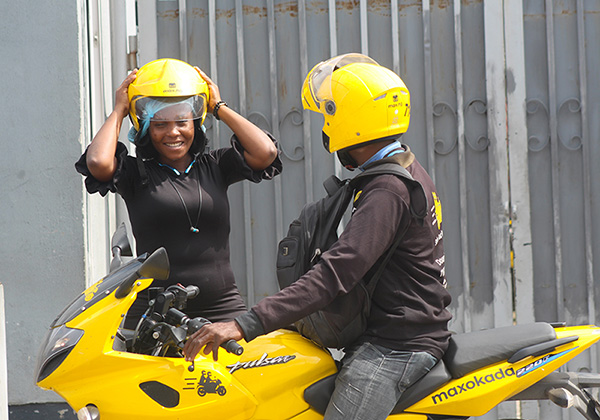
Areas of impact
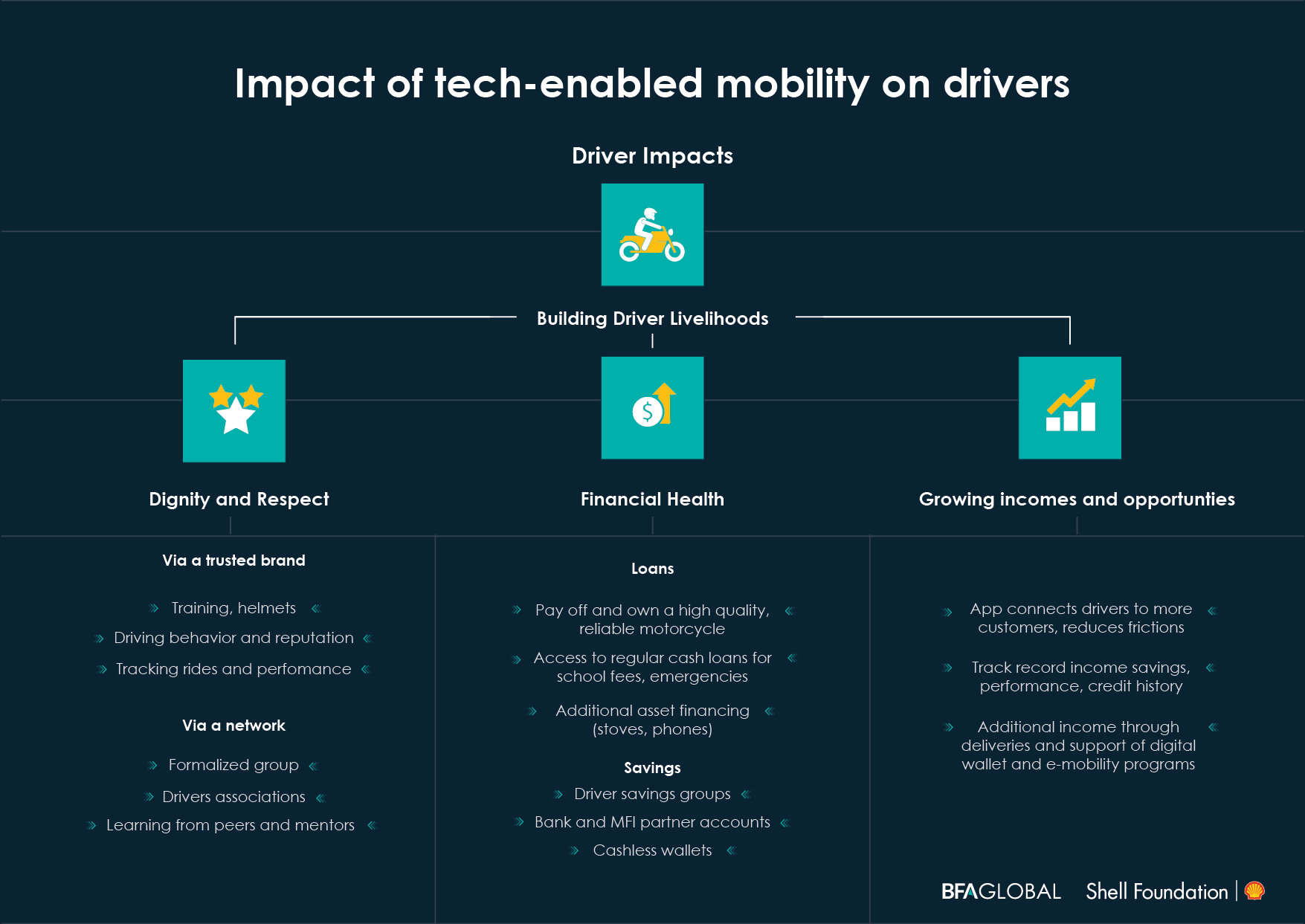
– Improved Road Safety — This research found that the practices of both enterprises serve to reduce the incidence of road accidents and the burden of related health care expenditures on local people and their communities through motorcycle taxi drivers who are thoroughly trained and have the equipment and incentives to drive safely. The ride-hailing platforms and smartphone apps give drivers and customers confidence and a sense of security through transparent data, driver tracking, and digital payments.
– Extending Reach and Unlocking Opportunities — These on-demand transportation options reduces trip complexity (allowing for door-to-door travel), extends end-customer opportunities (education, health, employment, social, family) into new geographies, and opens up the potential to work longer or later hours via reduced perception of night travel risks. Shorter travel times are particularly important for business and livelihood-related activities since people can increase their deliveries and reduce their travel time, with end-customer respondents indicating that MAX and SafeBoda services lower their daily transport costs by an average of 35%-50%.
– Gender Equality — This research found that MAX and SafeBoda are making major progress in reducing constraints to women’s and girls’ movement — time, space, financial restraints — and gives them freedom of action to travel at their own convenience. Female end-customers felt that these services have eliminated their exposure to the type of violence and harassment they would otherwise face with public or informal transportation options. By significantly reducing these safety concerns, women and girls now feel more confident in pursuing economic and education ambitions. By facilitating over 150,000 trips per day across three markets, MAX and SafeBoda are enabling up to 75,000 women to more safely, efficiently, and cost-effectively reach their jobs, access essential services for themselves and their families, and contribute to their independence and ability to pursue new productive opportunities.
– Dignified and Inclusive Employment — Drivers participating in MAX and SafeBoda’s networks face a reality that is different from the day-to-day experiences of motorcycle taxis in the informal market in almost every way. First, the ride-hailing model formalizes gig economy activity for drivers, creating formal records and data on performance, income, and savings. These drivers receive training in road safety upon joining, and can often access additional upskilling opportunities throughout their journey with the enterprise to diversify their roles and further their personal development. Real-time matching of supply and demand through the digital platform leads to improved income predictability and higher take-home incomes for most drivers, as well as contributing to their sense of job security. These livelihood improvements are transformational for most drivers who are now better able to care for their families, invest in their children’s education, build savings and ownership of a productive asset, and start new side hustles that serve to diversify their household income sources.
Mobility during COVID-19
As news of the coronavirus spread to the African continent hit, both companies shifted into response mode. MAX created an information portal on COVID-19 with health and safety resources, and made this available to customers, employees, and drivers via their mobile platform. SafeBoda conducted communication campaigns targeting customers to explain what to do to prevent the spread of COVID-19, as well as safety tips related to stay-at-home orders in partnership with the Uganda Ministry of Health. Both enterprises trained drivers on safe hygiene practices, providing them with personal protective equipment, and have incentivized them to adopt new behaviors that minimize the risk of infection.
MAX and SafeBoda also adapted their operating models to support the distribution of essential products and to promote cashless transactions during the pandemic restrictions. SafeBoda launched grocery deliveries to support MSMEs and shops to sustain their revenues and businesses during the lockdown and while people staying at home, and adapted operations to speed up the onboarding process for new vendors. MAX ramped up its delivery services, provided up to 50% discounts to support small businesses, and launched a digital storefront to connect micro-entrepreneurs with product and delivery options. Both companies are leveraging their existing digital payment options, including mobile money, to minimize the physical exchange of cash.
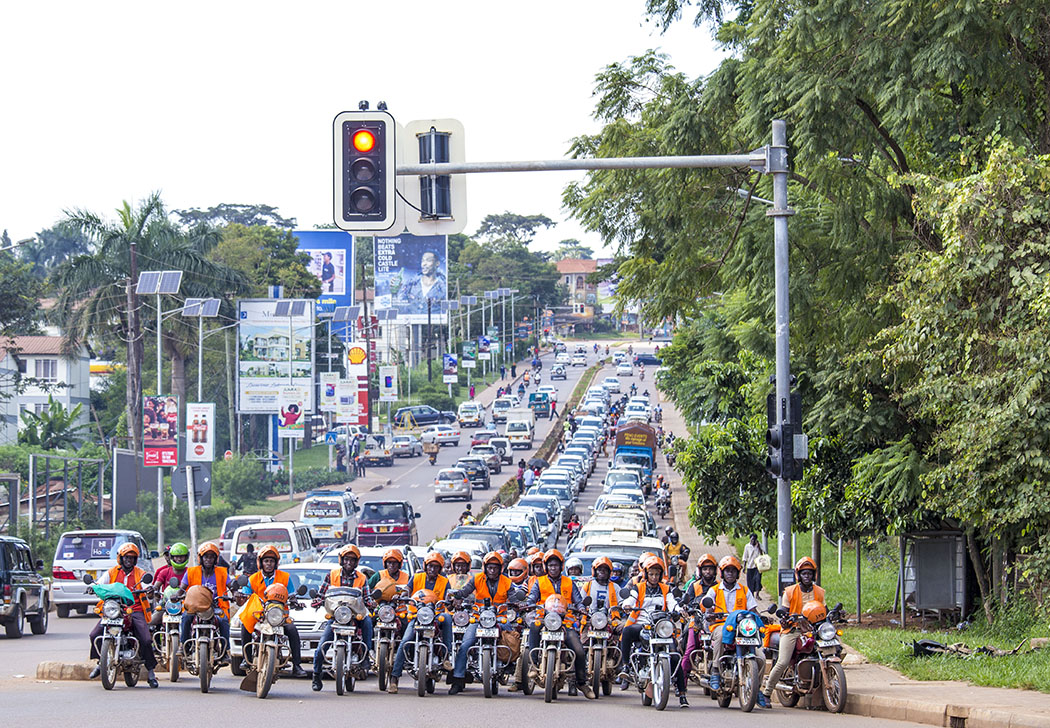
These companies are also going above and beyond business as usual, supporting their local community efforts to respond and recover. SafeBoda supports the distribution of hygiene products (soap, sanitizers, and masks) in Kenya through the Safe Hands initiative. MAX provided targeted interventions to law enforcement officials, local residents and transport industry workers by distributing hygiene products and food to over 1,000 beneficiaries in Ibadan and Lagos.
As markets in Africa begin to look beyond the Covid-19 crisis, MAX and SafeBoda are demonstrating how urban mobility enterprises can adapt their business models to meet new requirements under the pandemic restrictions, deploy rapid innovations to meet the needs of their clients, and support government and civil society health and hygiene response within their own communities.
An increased focus is needed
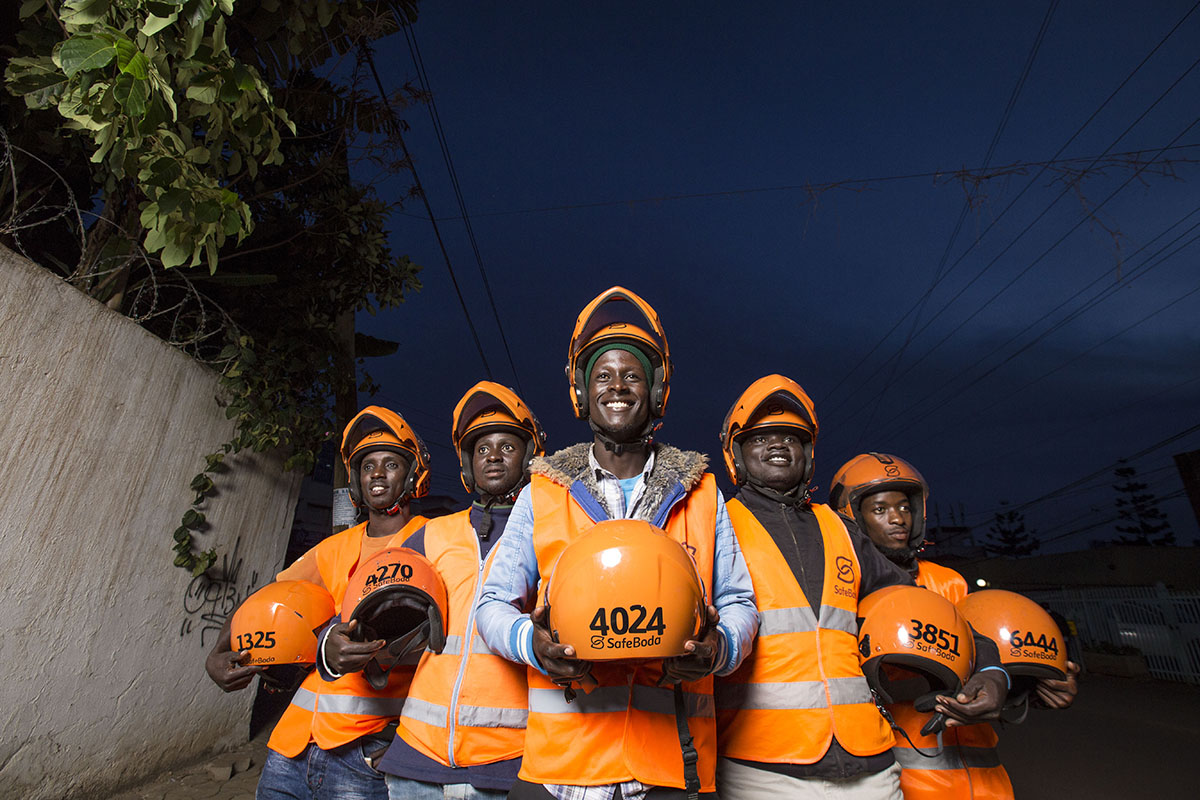
Mobility is a pressing area of focus for the international development community, and an emerging funding area for public, private and impact investors. The hope is that this study supports the impact investing community in better understanding the areas and depth of impact tech-enabled mobility is having on society, and identifies areas of opportunity that could enable MAX, SafeBoda, and the wider mobility sector to improve and deepen their impact on individuals, the economy, and the environment.
About Shell Foundation
Shell Foundation (SF) is a UK-registered charity, founded by Shell in 2000, that creates and scales business solutions to enhance access to energy and affordable transport. We exist to serve the low-income communities most affected by these issues.
They provide patient support to social enterprises and institutions working capable of delivering social change at scale across Africa and Asia via disruptive technologies or business models without long-term reliance on charitable support or subsidy.


